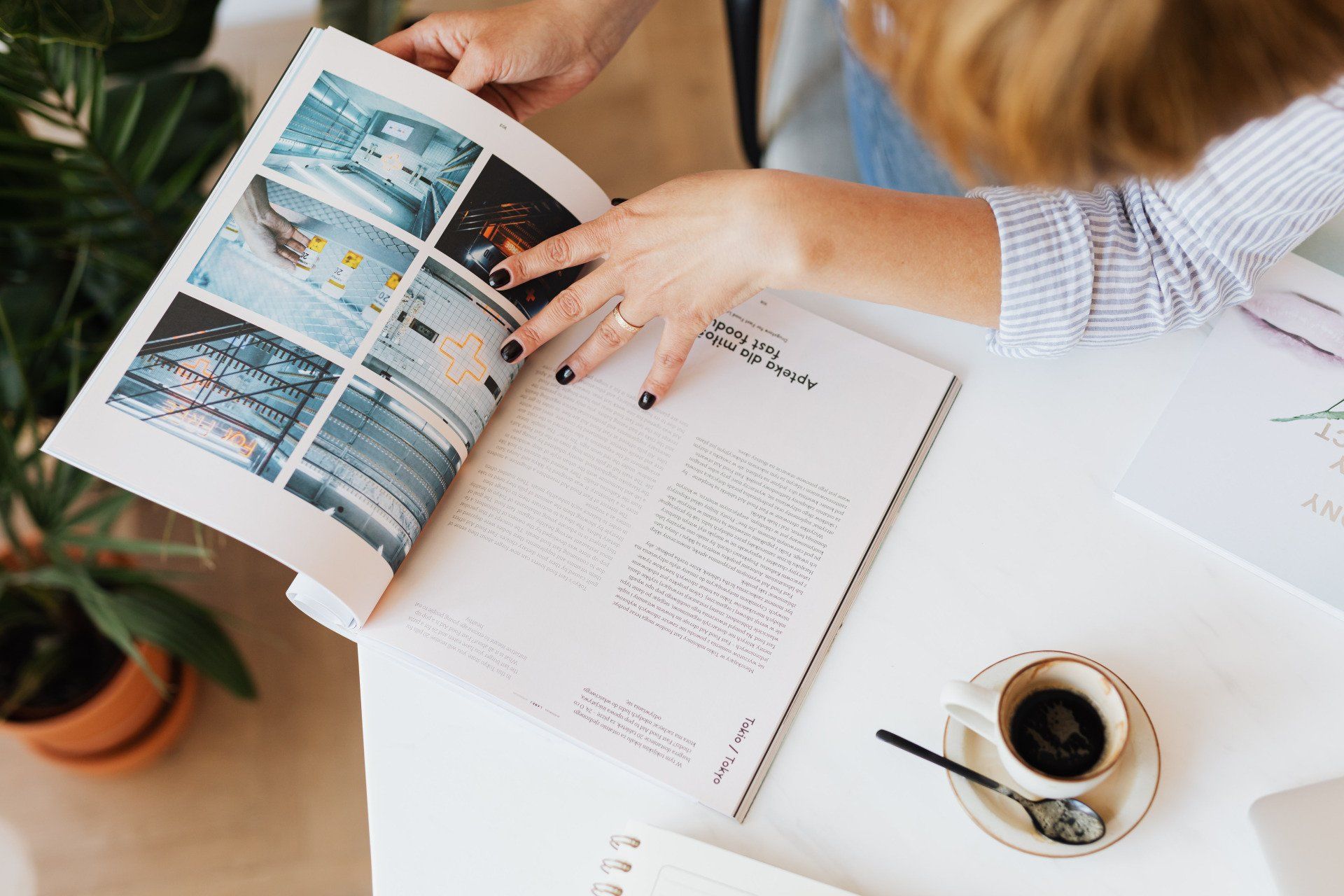New Decade brings Jobs Growth in Alternative Medicine & Med-Tech Space
New Decade brings Jobs Growth in Alternative Medicine & Med-Tech Space
Christophe d’Anchald - Consultant, Healthcare
Tardis Group’s Healthcare Consultant, Christophe d’Anchald, predicts there’ll be growth in the alternative medicine space this decade as educated patients increasingly research and pursue treatment options.
Healthcare sector in Asia including Japan has been and will continue to grow as large USA and Europe based firms carry on laying their footprints in Asia as part of their growth strategy. The mergers, the acquisitions, the restructure, the take-overs became common phenomena in the industry, and we can expect many more such news in coming years.
Following Canada, USA and South Korea, Chris believes that ‘the medicinal cannabis space has been growing in Australia for the past couple of years. The barriers to access are reducing and as more doctors are able to prescribe it, the industry will grow.’ He continued ‘Unfortunately, there are people suffering specific conditions who’ve exhausted all the prescribed options available, or who may be experiencing severe side effects.’
Taking this as an opportunity, the developers of medicinal cannabis are fast progressing their products to market, leading to solid demand for qualified professionals in research, development, cultivation, production, and commercialization.
Chris notes some start-ups have folded before making it to the market, but he believes those remaining patient-centric with strong financial backing, are now overcoming their obstacles. ‘It’s still an emerging space and is not the most stable of industries yet,’ he said, ‘however there are a growing number of healthcare professionals, who are passionate about this industry and believes in its benefits, that are excited about joining the space and helping those companies get their products available to the market.’
‘Australia is a small player, but it’s ideally located to serve the Asia-Pacific Economic Co-operation (APEC) and there’s big money in the Asian market.’ There are a few companies in Perth working in the medicinal cannabis space while Melbourne is a biotech hub where scientists are tackling unmet medical needs. Throughout Australia, companies also excel in providing clinical drug trials.
While many developed countries, e.g. the USA, Canada, Australia and so on, have made considerable progress, Japan and many other Asian countries are still lagging with investment and research in the medicinal cannabis space. The Japanese market has not been growing much.
Currently, only CBD products are available and accessible. Barriers to further development are still high and pathways to Medicinal Cannabis legalization are yet to be defined. Similar to China, Japan is very conservative and has very strict narcotic laws. The plant is subject to a lot of stigma and is still a “taboo” topic in the country. Culturally, recreational usage (which is illegal) is relatively low compared to countries like the UK or the USA where the regulations in place differ.
On the contrary, a few countries in Asia, like Thailand and South Korea, have recently legalized the use of Medicinal Cannabis, soon to be followed by Malaysia and other countries. Japan will probably also make the move within the coming years and it is said to be the potential biggest Asian market with China. The government needs to find a solution to the ageing population and its associated consequences: rise of healthcare expenditure, lesser tax payers and so on. Medicinal Cannabis could be an easy and cheap alternative to treat the Japanese elderly as well as the other patients in need.
‘The US and Japan are the biggest markets for pharmaceuticals, and they outsource a lot of their trials to Australia and Asia being cost-effective, and due to national demographics still provide an accurate result,’ he said.
Chris also sees continued growth in Biotech, Artificial Intelligence, Robotics and Aged Care throughout the 2020s.
Paris-born Christophe d’Anchald, started his recruitment career with Tardis Group in 2017 in Sydney. Considering his achievements within first two years, Tardis Group offered him an international transfer opportunity to their Tokyo office in 2019 to gain regional exposure, for which Chris remains grateful. While sharing his Japan experience, Chris added ‘I’ve met new people and contacts, immersed myself in a new culture with Japanese people and customers’. He continued, commenting on the ‘ceremony’ in the handing over of business cards, ‘I’ve learnt how to interact within the culture, learning new ways of doing business’.
‘If you don’t know the Japanese language it can be quite challenging to open a bank account or to find accommodation, but I’ve loved the culture, the food and the people, despite the fact that communication’s not that easy.’
Chris continues ‘Before joining Tardis, I was in sales and I’m still ultimately working in sales, it’s just in Human Resources where you are not selling products but working with people who have intelligence and emotions – so relationships are key.’












